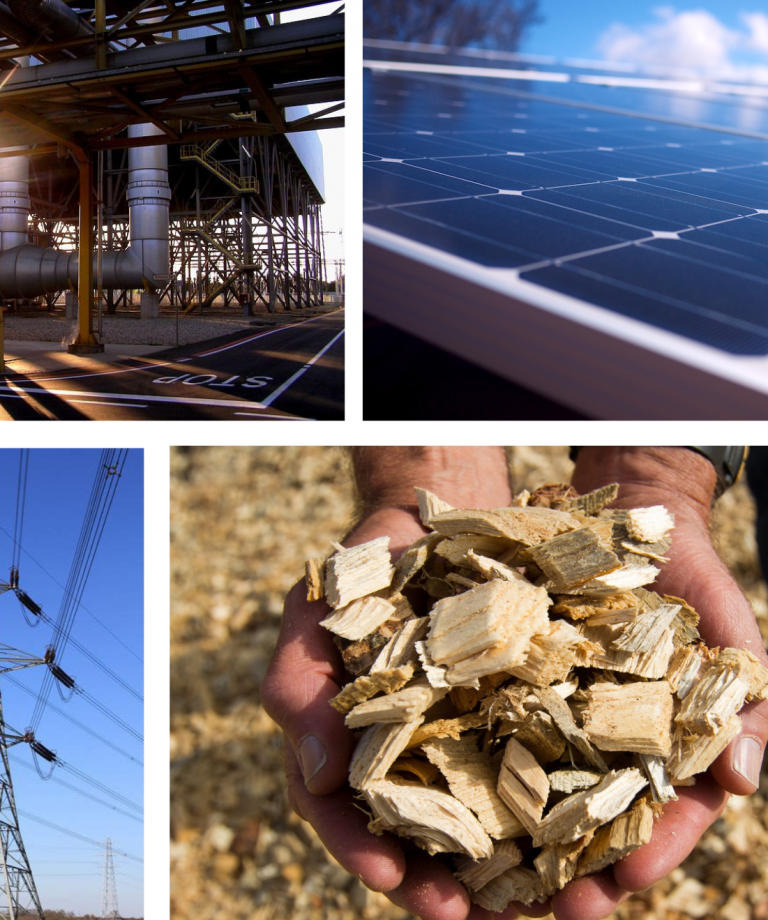September 6, 2022

A renewable-energy consultant told me of two engineers working in UK industry some years ago who discussed a tricky technical issue that could be addressed in one of two ways.
The first was easy and used more gas – the second cost a bit more but in the long run saved fuel and money. They selected the first – a choice my pal says was repeated often, over decades. Britain produced a lot of natural gas then. Perhaps like Hong Kong, the Berlin Wall and North Sea oil, we thought we’d have it forever.
With a better approach we might still have plenty, and you could argue the current crisis is payment for past profligacy. But we’re not the only country facing a winter with huge price rises and disruption.
Big bills and uncertain supply
In February it was reported UK gas imports would increase dramatically over 30 years, even if all North Sea reserves were exploited. Two weeks later, Europe’s over-reliance on gas from Russia was thrown into focus when it invaded Ukraine.
Energy bills are at their highest in 50 years and set to nearly triple by early next year, reaching well over £5,000 for the average household. Politicians, industry and consumer groups struggle for solutions in a fast-changing, unpredictable situation that’s included choosing a Prime Minister.
Profligacy wasn’t our only mistake. Centrica is seeking to reopen Rough, Britain’s biggest natural gas storage site, five years after the energy supplier closed the North Sea facility to additional gas. Some say this should kick off a push for a much bigger strategic supply reserve.
Calls for action include stepping up North Sea exploration and legalising fracking, while the Government is accelerating plans for new nuclear power as a reliable source of ‘green’ electricity, despite ongoing concerns over safety, cost and reliability.
Business leaders including the Network Rail CEO and ex-Shell chairman blame the UK’s ‘broken’ market on electricity being tied to global gas prices – they want a cap on domestic electricity wholesale prices for non-gas generators, and on domestically produced gas prices.
For now and the foreseeable future, gas remains a vital part of the UK energy mix.
Incentivise green energy investment and adoption
What looks unlikely is any abandonment of the Government’s legal commitment to net zero greenhouse gas emissions by 2050. Quite right – the long-term costs of energy from wind and solar are falling as technologies improve, and both are increasingly popular. Britain’s North Sea location has made it the global leader in offshore wind, while our rapid deployment of renewables has reduced reliance on fossil fuels.
Home battery storage works well and is fast becoming an established technology. Commercial- and utility-scale electricity storage are more difficult, held back by reliance on wind and sun intermittency, though progress is being made and several potential solutions are in development in the UK and elsewhere.
Efficiency a key element of strategy
Let’s not get too misty-eyed about our green future. Some say ministers have been consistently misled by lobbyists, to the point where we risk blackouts without adding generation capacity. We must of course address climate change, but a minimum prerequisite to maintain living standards and bring opportunity for all is a reliable, resilient energy supply.
That means removing obstacles to investment in renewables, including solar PV and onshore wind – less trumpeted by ministers than offshore wind. It also requires grid flexibility and crucially, energy efficiency. Producing more, greener electricity must come with better energy usage in households and industry.
Too many new homes are built ‘cheaply’ in ways that will prove very expensive in an era of high prices – all should feature solar PV, heat pumps and effective insulation at minimum. Take-up of heat pumps remains slow despite a fairly generous subsidy scheme.
Businesses too must get better at efficiency, in buildings and processes. Many feel pressure to do so from consumers and supply-chain partners, though challenges remain. Combined heat and power is an effective technology but CHP take-up is limited by a fragmented market that’s also capital-intensive, making it hard for new entrants. That said, organisations such as the Carbon Trust provide valuable help.
Transport part of solution
Looming restrictions on fossil fuels and market factors are prompting drivers to switch to EVs, while even the bus operator Go-Ahead Group says more should be done to encourage cycling, which cuts pollution and brings health benefits that could ease pressure on the NHS.
Utility price rises are prompting households, public bodies and businesses to explore alternative technologies and more productive energy use, but only those with sufficient resources will be in a position to act.
Spread the word
Any big change, including the UK’s transition to net zero, won’t happen without people so it’s crucial they know what can be done to make a better future. There’s a role for Government, but industry too should get on board, with firms highlighting good practice and telling their story.
Energy supply and pricing affects almost every aspect of modern life. We’re some way into a long journey to ensure adequate, reliable supply that doesn’t cost the earth and the phase we’re entering looks very challenging indeed.
*Peter, Director of Allerton Communications, is a corporate and financial PR adviser and former energy journalist.